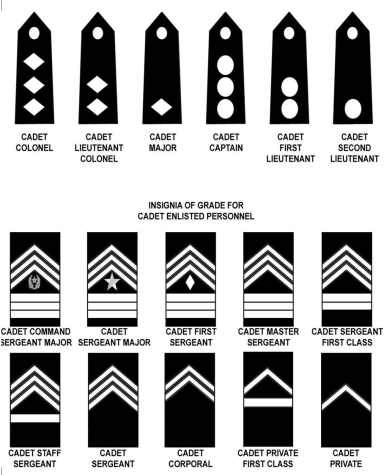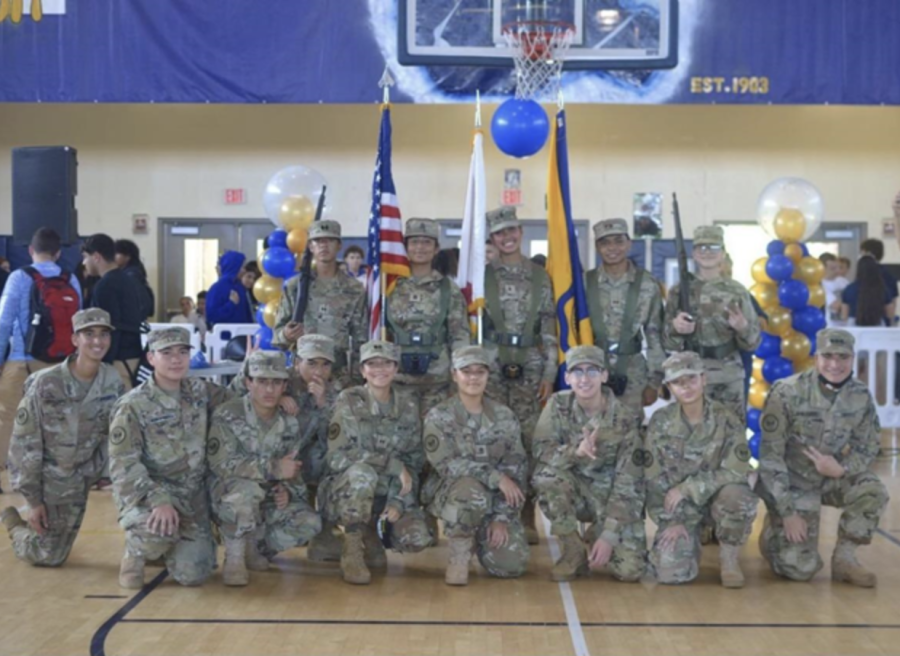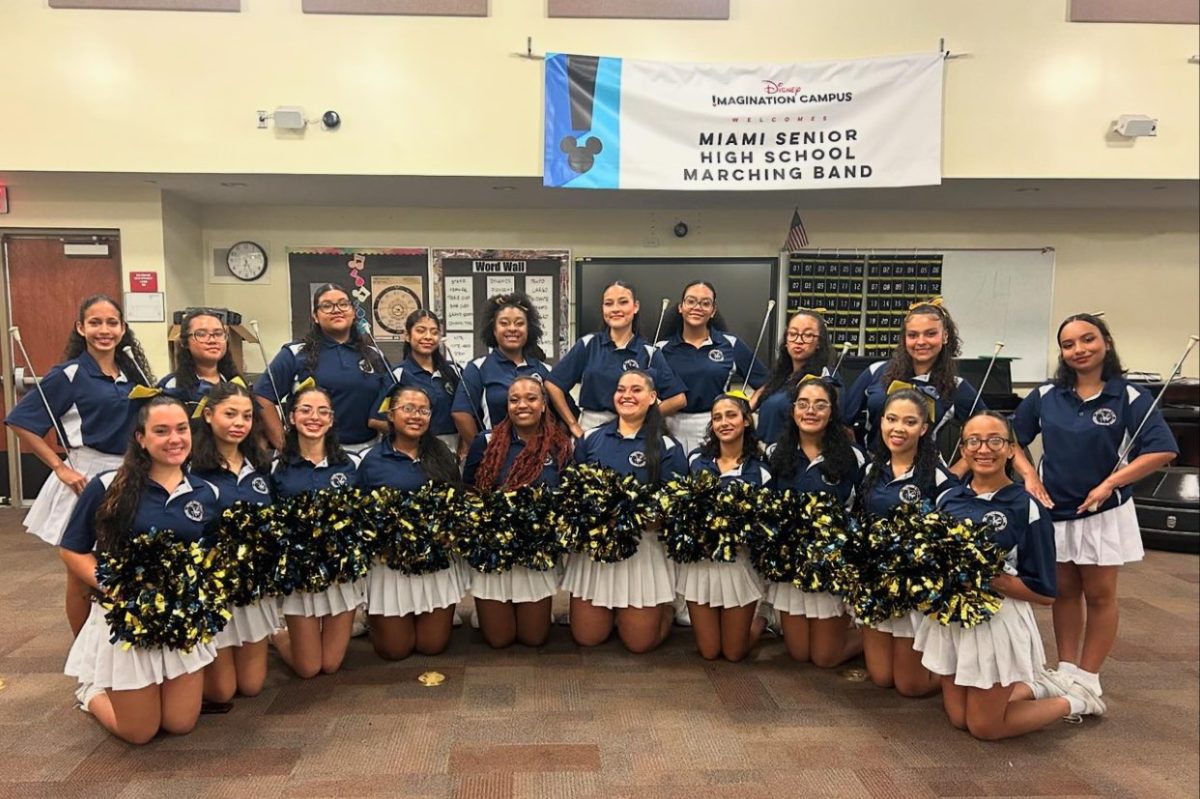What is the true meaning of the JROTC program?
May 6, 2022
When a student is having trouble with their time management, discipline, or seeking more self-confidence, the JROTC Program could be there to help. Their number 1 mission is to motivate young people to become better citizens.
I’ve been in the JROTC Program for 3 years and learned about the effects of bullying, cyberbullying, and the stress that can impact others. We help the community by doing services such as the cancer walk, the marathon, and car washes. During Christmas we donate toys to children who can’t afford them and during Thanksgiving we donate food, water, pads, toothbrushes, any type of essentials that those living in poverty may need.
According to the article “Why is JROTC important?” posted on the Internet Public Library, “The Army Junior Reserve Officers’ Training Corps (JROTC) came into being with the National Defense Act of 1916. In 1964, the Junior ROTC Program was opened to other services and replaced most of the active-duty instructors with military retirees. The JROTC Program has changed greatly over the years, and what was once looked upon primarily as a source of enlisted recruits and officer candidates has become a citizenship program devoted to the moral, physical, and educational uplift of American youth.”
JROTC instructor Maj. Irving Sanchez stated that there are multiple benefits for students in the program. “They learn leadership, values, and military style discipline,” he said. “They also learn about personal finances, public speaking, and resume writing.”
For those who go to the military after high school, said Major Sanchez, they will be 2 steps ahead of their peers, and those going to college can transfer to the senior program and apply for the ROTC scholarship.
Leadership is one of the skills cadets learn most from JROTC. Current XO (Company Executive Officer) Abigail Mendoza, who was also known for being the ex S-5 and CSM, is now in the top 3 position where she found her leadership skills by learning from previous cadets that were seen as her leaders. She said, “Our JROTC instructors have taught us how to be good leaders and it changed me as a person by wanting to be outgoing and not shy in any way.”
Luisa Pineres, who is the current BC (Cadet Battalion Commander), said, “I was able to find leadership with the roles that I have in the program including with the jobs and ranks. You get the opportunity to be part of the chain of command and doing so allows you to give an example for the rest of the cadets.”
Administration Officer S-1 Arly Lara said, “I found leadership through the tasks that I was assigned to do. Being part of the staff gave me an opportunity to find leadership that I did not find anywhere else.”
The JROTC Program has also made countless cadets into better and more responsible people. Luisa Pineres stated, “In class we learn how to build skills like discipline, self-confidence and more important leadership. These are qualities that are necessary in any career or in your future. Not so many people have this type of skill and that can make a difference.”
Abigail Mendoza reported, “The JROTC Program has made me a better person by learning a lot of morals that our instructors have taught us. They also changed my way of looking at things in life.”
Arly Lara said, “JROTC taught me many important life skills, especially organization skills. It’s also made me more responsible: if I did not complete a task or did it incorrectly the blame was on me.”
JROTC Program Ranks






